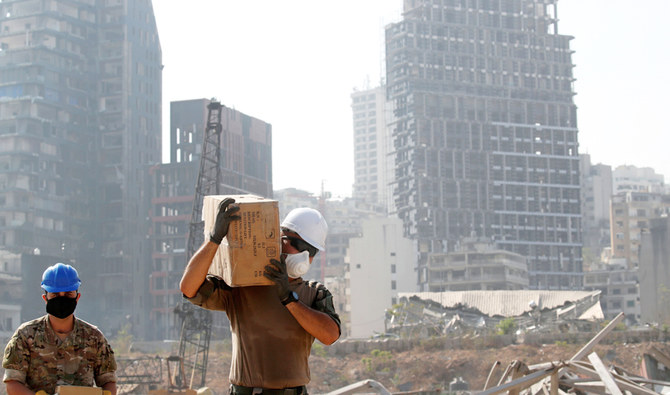
- ARAB NEWS
- 16 Jun 2025

As Lebanon marks its 100th anniversary, the crisis encompassing our country is forcing all Lebanese to reflect on what we need to do to put us on the path to becoming once again a stable, prosperous, tolerant nation.
Lebanon was founded after the collapse of the Ottoman Empire and a brutal famine that had killed half the population of Mount Lebanon. What followed was a major inflection point and a total revision of government.
Today, Lebanon faces a massive economic and humanitarian crisis. Our system is broken. We are now at another major inflection point that needs a response as radical and all-encompassing as the one 100 years ago. We must prepare to establish a new Lebanon.
The current challenge is immense. The government is incapable of providing the most basic services to the people, or of protecting them from internal and external threats. Endemic corruption and incompetence have hobbled the state, leaving people to fend for themselves.
The tragic explosion in the Port of Beirut on Aug. 4 was a symptom of the terrible disease afflicting Lebanese society. The parasitic elites were repeatedly warned about the danger lingering in the waterfront warehouse, yet they refused to tackle it and then abandoned ordinary people to address the consequences.
The government’s subsequent resignation was a clear ploy for the real elites to avoid accountability. By prolonging the process of government formation and blaming everyone but themselves, the ruling regime of warlords and militias are biding their time to reassert themselves.
This is unacceptable. The same system controlled by the same people will only yield the same results, and these results have forced our country to its knees. There can be no return to business as usual. The people have for months been calling for total change, chanting: “All of them means all of them.”
This means that those responsible for Lebanon’s plight — including everyone who has propped up the governments of militias such as Hezbollah and their acquiescent warlords over the last 15 years — must not be part of its future. We must give people, especially young people, hope and stability, and give communities a vision of a new future.